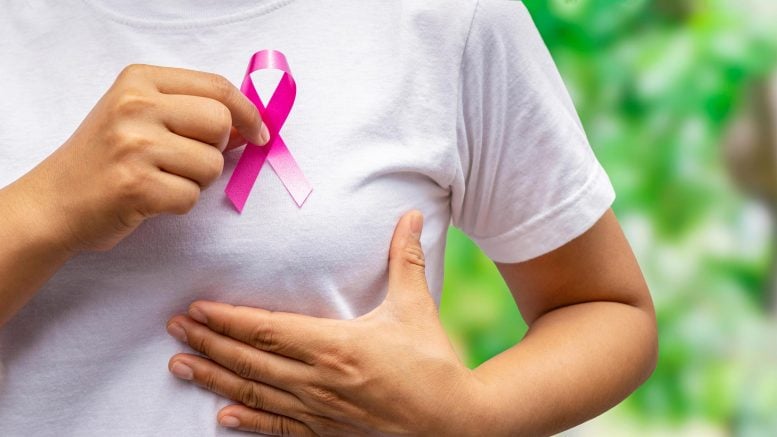
Ah, the elusive connection between body fat and breast cancer – a topic that’s been the subject of much debate and research over the years. But the latest findings from a Spanish study published in the Journal of Epidemiology & Community health are truly eye-opening.
You see, the conventional wisdom has been that excess body weight, as measured by the body Mass Index (BMI), is linked to an increased risk of hormone-positive breast cancer in postmenopausal women. However, this new research suggests that the true impact of obesity on this particular health risk has been vastly underestimated. In fact, the study found that a staggering 40% of hormone-positive breast cancer cases in this population may be attributable to excess body fat.
Now, I know what you might be thinking – 40%? That’s a shockingly high number! But the researchers behind this study used a more comprehensive method of measuring body composition, going beyond the simplistic BMI calculation. Instead, they looked at actual body fat percentage, which provides a much more accurate picture of an individual’s overall adiposity (that’s just a fancy way of saying “body fat levels”).
And let me tell you, this distinction is crucial. BMI, while a commonly used metric, has its limitations. It doesn’t differentiate between muscle and fat, which can lead to some people being categorized as “overweight” or “obese” when they’re actually quite fit and healthy. But by focusing on body fat percentage, this study was able to hone in on the real culprit – excess adipose tissue.
Think of it this way: imagine you’ve got two people, both with the same BMI, but one has a significantly higher percentage of body fat. The BMI might label them both as “overweight,” but the person with the higher fat levels is the one who’s truly at greater risk for hormone-positive breast cancer, according to this research.
Now, I know what you might be wondering – why does this connection exist in the first place? Well, it all comes down to the complex interplay between hormones and fat cells. You see, fat tissue isn’t just a passive storage depot for excess calories; it’s actually an active endocrine organ, producing a variety of hormones and other signaling molecules. And when it comes to breast cancer, the specific hormones that these fat cells produce can create a hormonal environment that’s conducive to tumor growth and proliferation.
It’s like a perfect storm of sorts – the more excess fat you have, the more of these potentially cancer-promoting hormones are circulating in your body. And for postmenopausal women, where natural estrogen production has declined, this effect can be even more pronounced, as the fat tissue becomes an even more significant source of these hormones.
But here’s the silver lining: this newfound understanding also presents an opportunity. By focusing on maintaining a healthy body composition, rather than just a “healthy” BMI, women may be able to significantly reduce their risk of hormone-positive breast cancer. And that’s not just good news for individual health, but for the broader public health landscape as well.
So, what can you do to take charge of your breast cancer risk? Well, the answer lies in a holistic approach to health and wellness. Regular exercise, a balanced diet rich in nutrient-dense whole foods, and mindful stress management can all play a role in keeping your body fat levels in a healthy range. And don’t forget the importance of regular breast cancer screenings, too – early detection is key.
Remember, your body is a complex and dynamic system, and the more we understand the intricacies of how it works, the better we can empower ourselves to make informed choices for our long-term wellbeing. So, let’s raise a glass (of water, of course) to this exciting new research, and to the continued pursuit of knowledge that can help us all live healthier, happier lives.
Originally published on https://scitechdaily.com/far-beyond-previous-estimates-excess-body-fat-linked-to-40-of-hormone-positive-breast-cancer-cases/.
